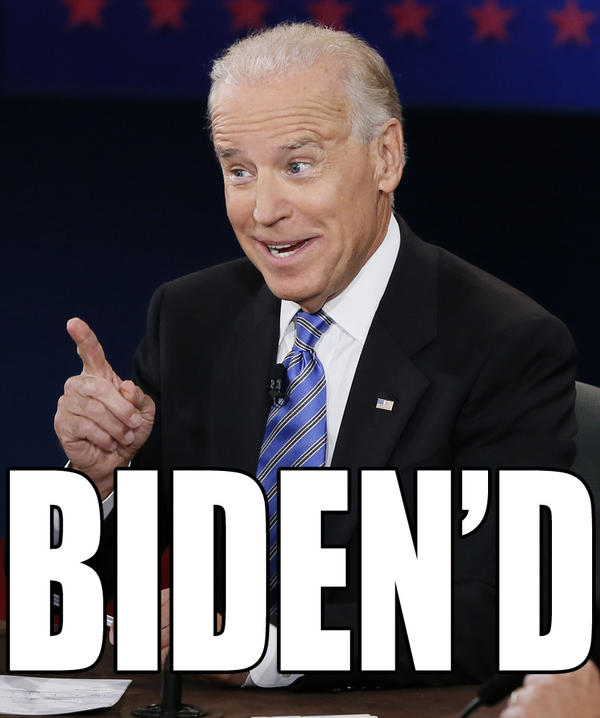Today is National Coming Out Day. Below is a guest post from Miriam, who writes at Brute Reason (“Ruining your fun since 2009!”). She’s a friend, a social justice blogger, psychology student, and aspiring therapist.
—
National Coming Out Day is a bittersweet day for me.
Don’t get me wrong, I love the idea. I’m thankful to be out to my friends, and I’m glad that so many people are able to come out nowadays–although, of course, we still have so much left to do.
However, the reality of my life is this–I can never come out to my family.
Now, I know how the script goes. The poor queer kid is terrified of coming out. They’re sure that their parents will disown them or start a fight or send them to therapy or just go silent and cold, never to really return again.
But then they finally get up the courage and do it anyway, and their parents cry and hug them and say, “Well, this may not be what we would’ve wanted, but you’re our child and we love you anyway.”
Or they say, “Oh, we already knew, silly.”
Or they say, “We don’t care who you love as long as you’re happy.
Or they say, “Okay. When can we meet him/her/them?”
But that’s not how it would go for me at all.
I know them too well after 21 years. “We wouldn’t want our son raised around…those people.” “Call it whatever you want, just not ‘marriage.'” “I mean, I don’t care what they do, but why do they have to shove it in our faces all the time?” “It’s disgusting.”
It’s not just that I don’t want to be branded as one of “those people,” of course. If it were just a matter of dealing with bigotry, I could do it. As an open atheist and survivor of mental illness, I do that plenty.
The larger issue here is that of my culture, which is a collectivist one. (You wouldn’t know by my skin color, but it is.) In my culture, family ties trump personal identity. You don’t disappoint your family for the sake of “being yourself.” Love may be unconditional, but acceptance is not. My family is not required to accept who I am simply because I am their daughter.
In fact, although my parents probably think I’m not nearly obedient enough, every step I take to individuate myself from them is full of anxiety and guilt. Knowing how disappointed they are at my refusal to pursue a PhD or marry someone of our ethnicity or be politically conservative is hard enough; coming out would just be too much.
Of course, my privilege is what makes this choice possible–ironically. Since I’m bisexual, I can still date with my parents’ knowledge, and since I have the privilege of attending college and living apart from my family, having a separate life that doesn’t involve them is an option for me too. And even if I were to be outed, the consequences would not be nearly as awful as they would for many other LGBT folks. I try to remind myself of these things a lot.
But regardless, this is why I have never truly felt like a part of the queer community. Centered as it is on the idea of coming out–to everyone, not just to friends–it leaves little room for people like me, who choose to remain closeted in certain spheres of our lives. We are cowards at best and traitors at worst.
Instead of accepting my choice and supporting me through it, some people throw the same tired bits of advice at me. “You have to be yourself, it doesn’t matter what your family thinks.” “They’re just bigots anyway, ignore them.” “If they really loved you they’d accept who you are.” “I’m sure they’ll get over it.”
Advice like this comes from a Western perspective, a perspective that I understand and even agree with, but that does not even resemble the one I was raised with. I will not abandon my family for the sake of my identity or for the good of the queer community. “Being myself” is not more important than my family. “Ignoring” them is not an option. And yes, they do really love me, and I really love them too.
So, I’m sorry to rain on the gay pride parade. I’m sorry this isn’t another inspiring story about overcoming homophobia and coming out. I wish it could be.
But that will never be my story. I will not martyr myself for the cause. All I can do is keep writing and doing activism that will give others the opportunities that I don’t have.
-Miriam



